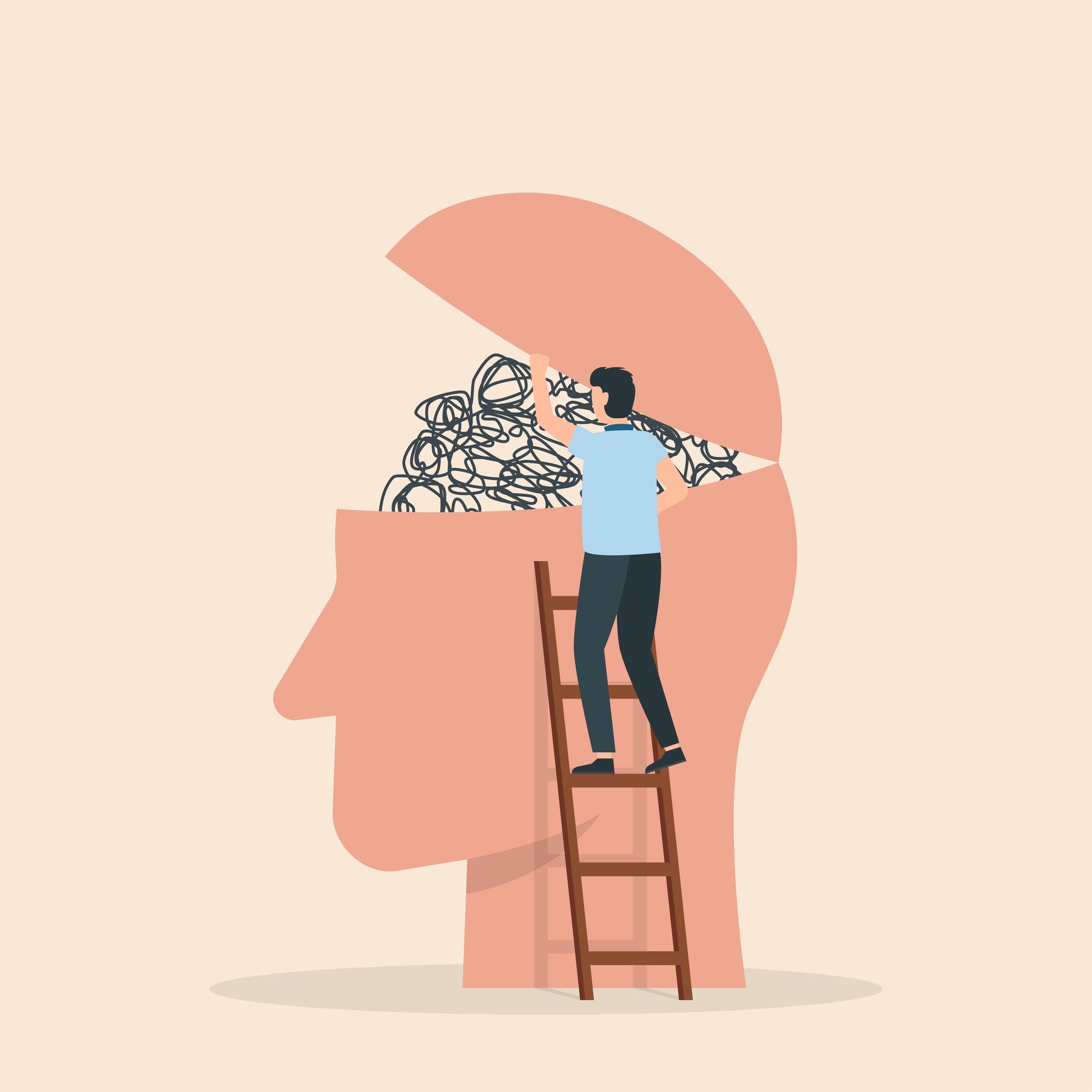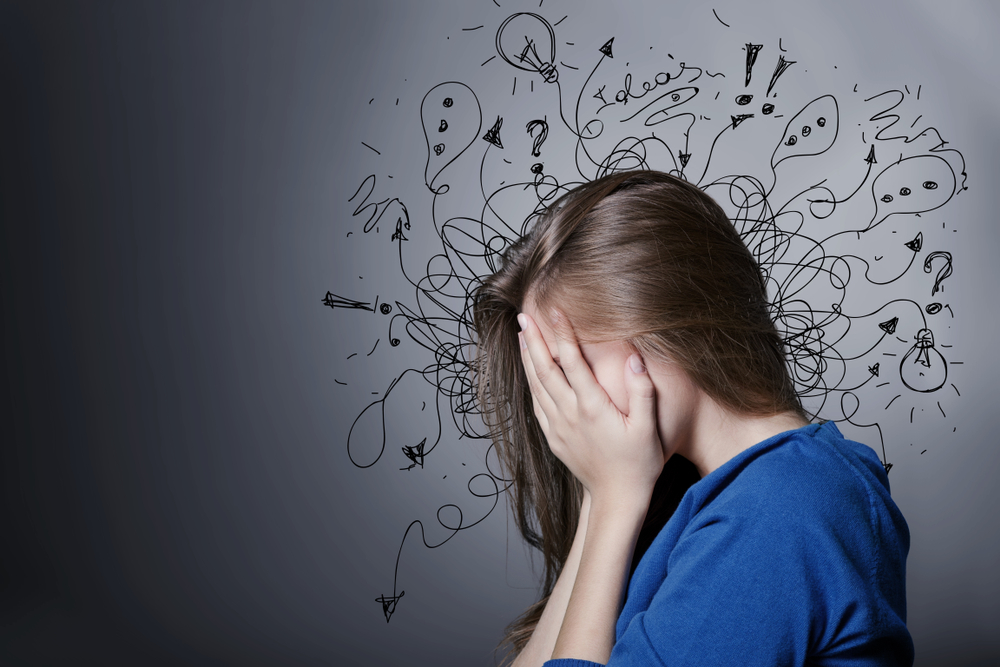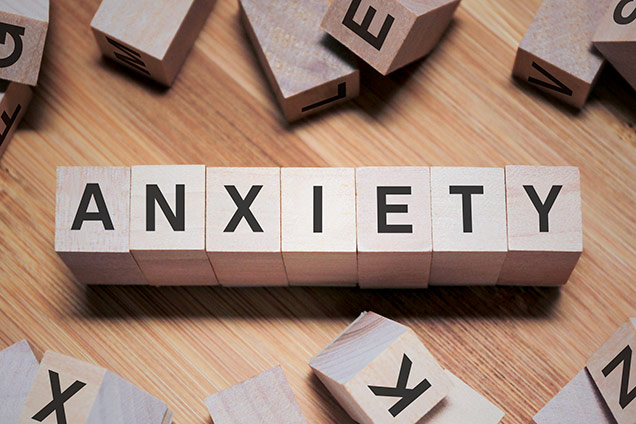[ad_1]
Description: Understanding the Mystery of Unexplained Anxiety and exploring the often mysterious that many individuals experience. We will delve into the possible causes of unexplained anxiety and provide insights into understanding and managing this common mental health issue.
Unexplained anxiety, also known as free-floating anxiety, refers to a persistent feeling of unease or worry that does not have a clear or identifiable cause. Unlike situational anxiety, which arises in response to specific stressors or triggers, unexplained anxiety can seem to come out of nowhere and may not be linked to any particular event or circumstance.
Individuals with unexplained anxiety may experience chronic feelings of tension, nervousness, and fear without knowing why. This can significantly impact their quality of life and overall well-being, making it important to understand the potential causes of this condition.
What are the possible causes of unexplained anxiety?
While the exact causes of unexplained anxiety may vary from person to person, several factors may contribute to the development of this condition. One potential cause is genetics, as individuals with a family history of anxiety disorders may be more predisposed to experiencing unexplained anxiety.
Additionally, traumatic experiences, chronic stress, and imbalances in brain chemistry can all play a role in the development of unexplained anxiety. It is also important to consider underlying medical conditions and the use of certain medications, as these factors can also contribute to feelings of unexplained anxiety.

Mental health medical treatment. Humans have a head silhouette with messy lines of thinking. Mental disorder icon. Vector illustration.
How can unexplained anxiety be managed?
Managing unexplained anxiety often involves a multi-faceted approach that addresses both the emotional and physical aspects of this condition. Seeking professional help from a therapist or counselor can provide valuable support and guidance in understanding and managing unexplained anxiety.
Furthermore, practicing stress-reducing techniques such as mindfulness, meditation, and deep breathing exercises can help individuals cope with the symptoms of unexplained anxiety. In some cases, medication prescribed by a healthcare provider may be necessary to manage severe or persistent symptoms of anxiety.
Can lifestyle changes help alleviate unexplained anxiety?
Yes, making certain lifestyle changes can have a significant impact on reducing feelings of unexplained anxiety. Engaging in regular physical activity, maintaining a healthy diet, and getting an adequate amount of sleep can all contribute to overall well-being and help alleviate symptoms of anxiety.
Incorporating relaxation techniques, such as yoga or spending time in nature, can also help individuals manage their anxiety levels. It’s important to explore different strategies and find what works best for each individual in managing their unexplained anxiety.
Conclusion
In conclusion, unexplained anxiety can be a challenging and distressing experience for many individuals. By understanding the possible causes and seeking appropriate support and treatment, it is possible to manage and alleviate the symptoms of unexplained anxiety. Whether through therapy, lifestyle changes, or medication, various approaches can help individuals navigate the complexities of this condition and improve their overall well-being.

FAQs
Q: Can unexplained anxiety be completely cured?
A: While complete eradication of unexplained anxiety may not be possible for everyone, it can be effectively managed with the right support and treatment. Many individuals experience significant relief from their symptoms through therapy, medication, and lifestyle changes.
Q: Is unexplained anxiety the same as panic disorder?
A: Unexplained anxiety and panic disorder are separate conditions, though they may share some similar symptoms. Unexplained anxiety is characterized by persistent feelings of unease, while panic disorder involves recurrent, unexpected panic attacks. It’s important to consult a healthcare professional for an accurate diagnosis and appropriate treatment.
Q: Can unexplained anxiety be triggered by certain foods or drinks?
A: Some individuals may find that certain foods or drinks, such as caffeine or high-sugar items, can exacerbate feelings of anxiety. It’s important to pay attention to how different dietary choices affect your mental well-being and make adjustments as needed.
Q: Are there specific support groups for individuals with unexplained anxiety?
A: Yes, there are various support groups and online communities dedicated to individuals with anxiety disorders, including unexplained anxiety. Connecting with others who share similar experiences can provide valuable support and a sense of community for those navigating the challenges of unexplained anxiety.
Q: Can unexplained anxiety be a symptom of another underlying mental health condition?
A: Yes, unexplained anxiety can be a symptom of other mental health conditions, such as generalized anxiety disorder, social anxiety disorder, or depression. It’s important to seek professional guidance for an accurate diagnosis and a tailored treatment plan.
[ad_2]







